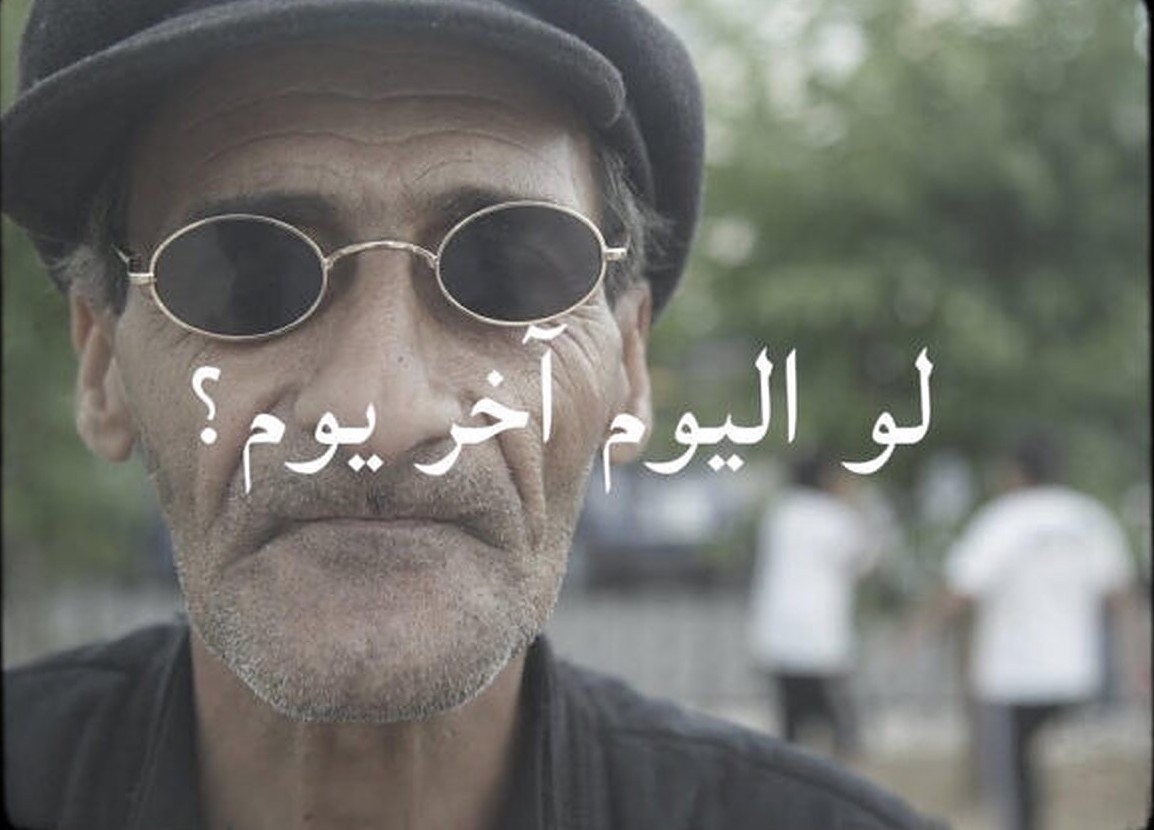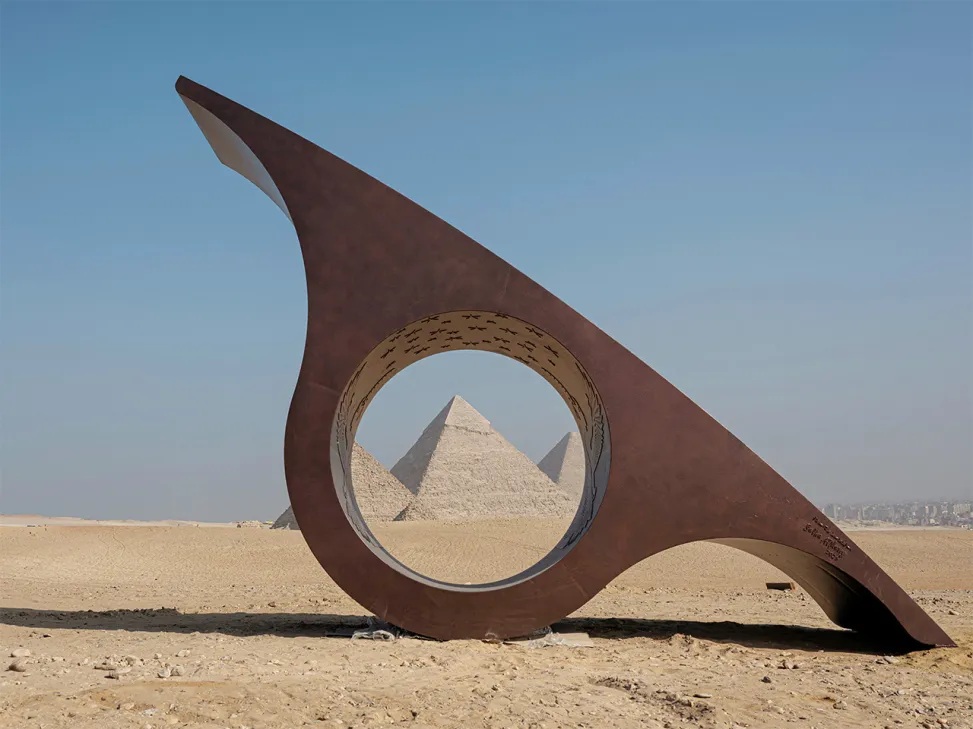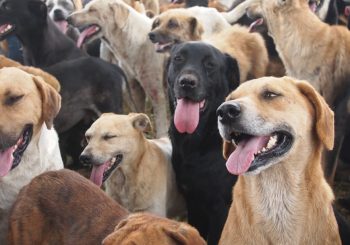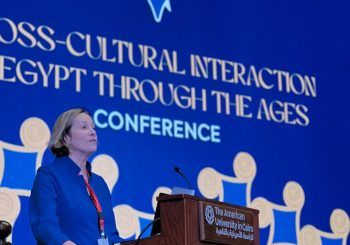“The main message behind this project is for us to realize the beauty of getting to know people; you might at first not be interested to know anyone, but once you start getting to know them and listen to many stories, you will understand just how valuable it is for your own life and story,” Jordanian-Palestinian filmmaker Mohannad Abu Rizk says.
Deep human connection can inspire great acts of love, generosity, and humanity. While we may feel ‘connected’ to one another through social media and technology, we still lack a deeper connection that stems from the basic acts of having a conversation and authentically listening to one another. In a world of hashtags, algorithms, and followers, deeply knowing others and understanding their story can often be undervalued.
Twenty-seven year old Mohannad Abu Rizk is a Jordaninan-Palestinian filmmaker who is reviving the power of storytelling through his “Filming Our Stories” project series on Youtube, Facebook and Instagram. Since 2015, he has worked as a filmmaker and released his first short film ‘The Road to Nowhere’. Following its success, he turned to online content creation due to his belief in the power of online platforms to reach large audiences and create strong and direct connection with the viewers.
“What connects me with filmmaking is exactly what connects me with art in general. Creating films is like other forms of art, which mainly seeks to change something within ourselves or touch our emotions, and knowing that a simple emotion can change something within someone else’s heart is the best feeling I can experience,” he says.
Human storytelling as a main concept has been gaining popularity in other parts of the globe, particularly with the rise of content creators such as ‘Humans of New York’ and other street photography that aims to capture rare and raw portraits of humanity in the streets. However, Abu Rizk wanted to apply the concept to the Arab region with a filmmaking twist – turning portraits into conversations by asking personal questions that capture the depth of the human experience.
Abu Rizk originally began this project series in Jordan, creating 40 episodes that saw huge success and garnered a lot of engagement from audiences. “I wanted to relive the experience and replicate it in other Arab countries, so I thought of Egypt. Not only because it is the hub of culture and art in the region, but also because the people carry a special spirit and can easily engage with the camera.”
One main challenge a filmmaker may face in producing such a series is having to speak to strangers and convince them to speak about deep personal issues that are rooted in their personality, which means that you first have to get to know them and create a connection with them before you start filmmaking.
However, Abu Rizk realized that, to a large extent, people love to connect, express and speak freely about what’s on their mind, which helped make his experience in filmmaking much easier.
“We have to always put other humans in the context of a story, and to treat people with more empathy and compassion. When you meet someone or experience a certain incident with someone – even if you didn’t like what they did to you – always understand that this is only part of their own larger story in life, which may have included a series of other events that have negatively or positively affected them in the long run,” Abu Rizk notes.
“And even if you are not able to empathize, then at least understand that there is always a story and context behind what they did. This is what I learned from this experience, and I realized how much we are all alike as humans in many things, and that each story is worth listening to because it may also affect you in a positive way.”
Abu Rizk hopes to expand his project to other countries in the Arab world, and also visit Egypt again to discover more places and create more memories, believing that authentic storytelling is a new approach in Arab media that carries a lot of potential to grow. Since he began, he has created successful series in Jordan, Egypt and Palestine, with the most recent one entitled ‘Dreams in Gaza’.
“Egypt was a very special experience for me, because the people were very welcoming and were eager to speak to the camera and share their story. Everywhere we went, and every street we walked into, the people invited us for tea or inside their own homes to meet their family. I will definitely come back for more stories,” he says.







Comment (1)
[…] Source link […]